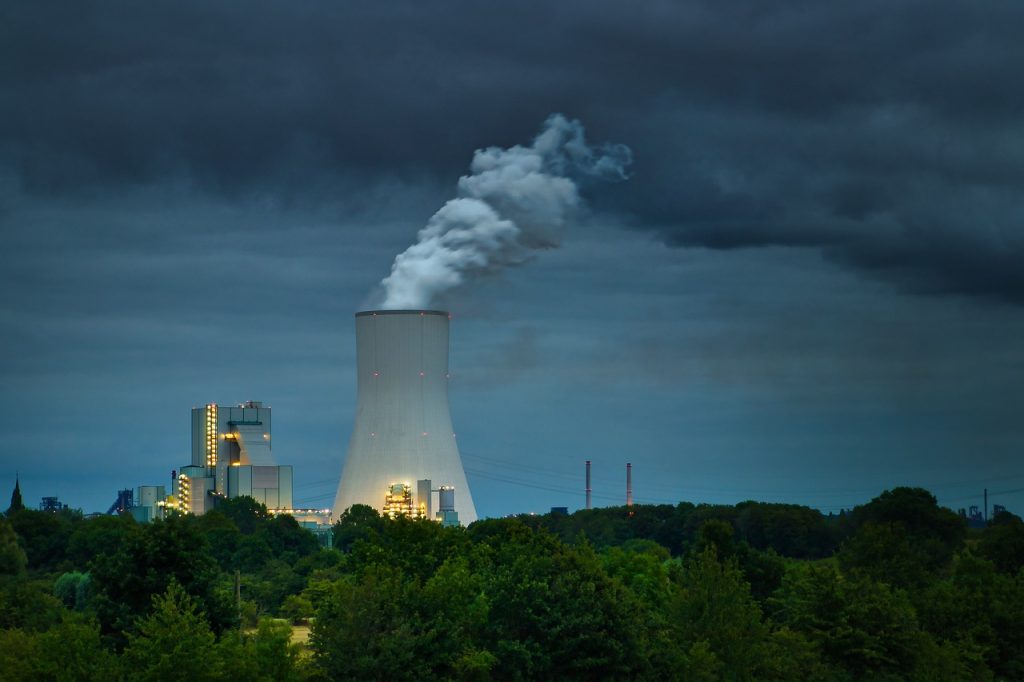Our mission is to deliver end-to-end advisory services on your Carbon Capture Utilization and Storage (CCUS) journey. We have a pure European focus. We advise on CCUS strategy, market entry and growth opportunities in this emerging value chain. We are experts in early-stage project development and build your business cases and business models, and we collect and structure all data relevant to support your CCUS business idea.
CCUS Partners has significant experience from working with business development in the energy sector and within CCUS. The core team has spent the last +5 years working on growth opportunities across the CCUS value chain – from first mile logistics in central Europe to onshore storage in Denmark.
No one can do this alone. We believe the best solutions are found when we pull different experts together, create a safe space for new thoughts and perspectives, have fruitful discussions so new solutions can blossom.
We have assembled a highly experienced CCUS team consisting of business developers, top-site and sub-surface experts, public affairs specialists and project originators with experience from solar and wind. We bring in the right capabilities to support your project when needed.

We are passionate about how we can support implementation of carbon capture utilization and storage solutions

Carbon Capture Utilization and Storage (CCUS)
Carbon Capture Utilization and Storage (CCUS) is the process of capturing CO2 emissions from a point source or the atmosphere and wither utilizing the CO2 or storing them permanently in geological formations. CCUS will be instrumental in the transition to net‐zero by 1) tackling emissions from existing assets, 2) providing a way to address emissions from some of the most challenging sectors, 3) providing a cost‐effective pathway to scale up low‐carbon hydrogen production rapidly, and 4) allowing for CO2 removal from the atmosphere through BECCS (Capture from biogenic sources combined with permanent storage) and DACCS (Direct Air Capture with permanent storage).

Status of CCUS Market
CCUS is still in its infancy, and today, only 45 Mt/year of CO2 is captured and stored worldwide, with the US as the leading region due to enhanced oil recovery projects. CCUS is a proven technology, where capture and storage as been demonstrated with projects since the 1970s, but not at a large scale. According to the latest report from IEA ‘Net Zero by 2050, published May 2021, CCUS will be critical to meet global and local climate targets, estimating that 1.6 Gt/year should be captured globally in 2030 and 7.6 Gt/year in 2050, out of which 95% will be stored permanently in geological storage and 5% will be utilized.

Global Market Outlook
A volume of 7.6 Gt/year CO2 is equal to approx. 160 Mbbl/day. This means that measured only in volumes, the CCUS industry would in 2050 be more than 50% bigger than the oil production is today (95 Mbbl/day). In the shorter term, research company BloombergNEF’s (BNEF) newly released 2022 Carbon capture, usage, and storage (CCUS) Market Outlook, the global capacity for carbon capture in 2030 is set to increase six folds from today’s level to 279 Mt/year of CO2 captured per year, still with a significant gap to the 1.6 Gt/year recommended from IEA. In 2023 CCS has seen another year of expansive growth, with 198 new facilities added to the project pipeline this past year – a 102% increase.

European Market Potential
In Europe alone, we see a total addressable market of around 1.5 Gt yearly emissions from larger single-point emitters that are capturable (excluding Direct Air Capture). The total market value of these emissions is USD 150-270 bn in annual revenues, based on a total average CO2 removal price of USD 100-180 per tonne. A total storage capacity of 134 Gt in Europe (depleted O&G reservoirs and deep saline aquifers) is enough to meet the maximum capturable capacity of 1.5 Gt per year for 80 years. The EU net-zero Industry Act has set a target of 50 million tonnes of annual CO2 storage capacity by 2030.

